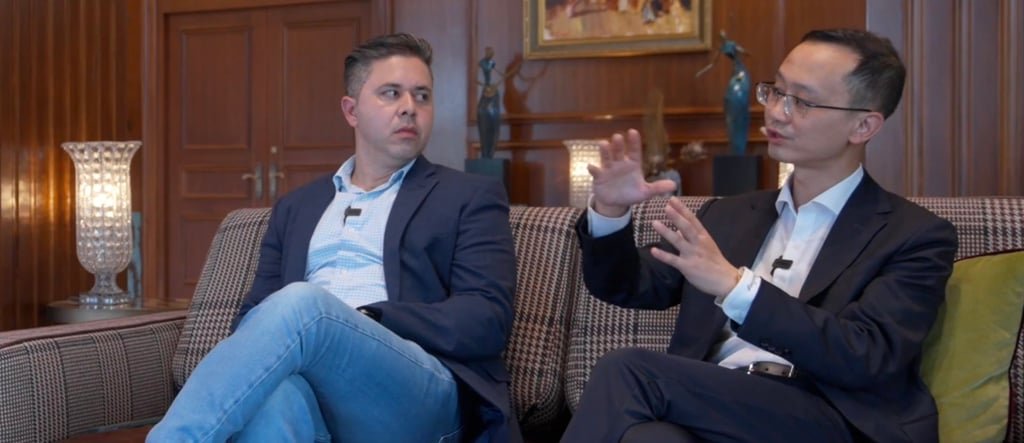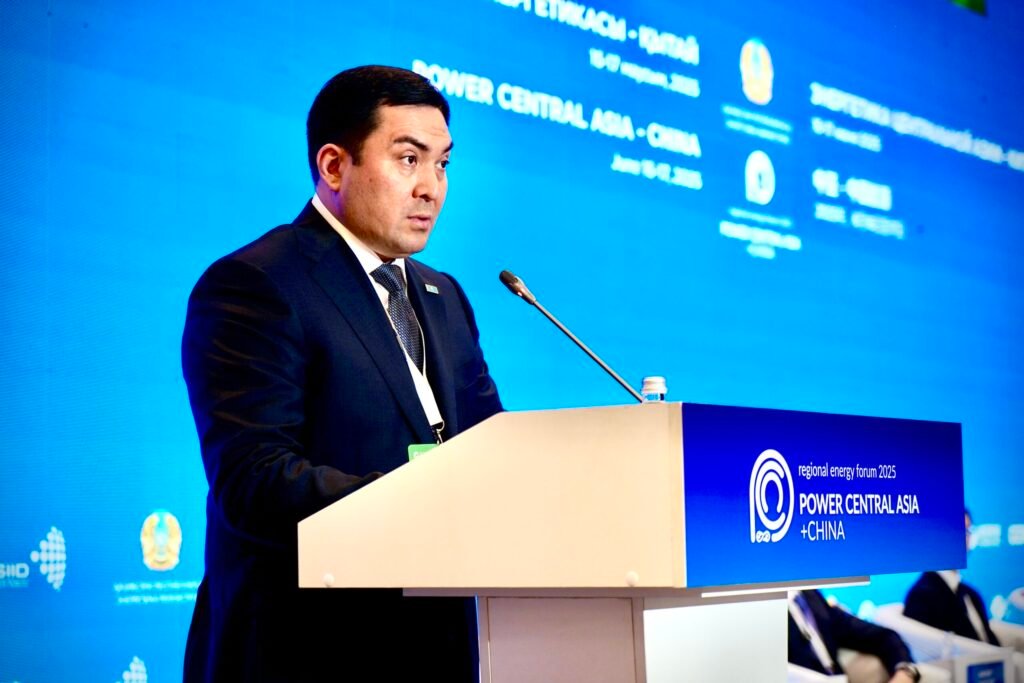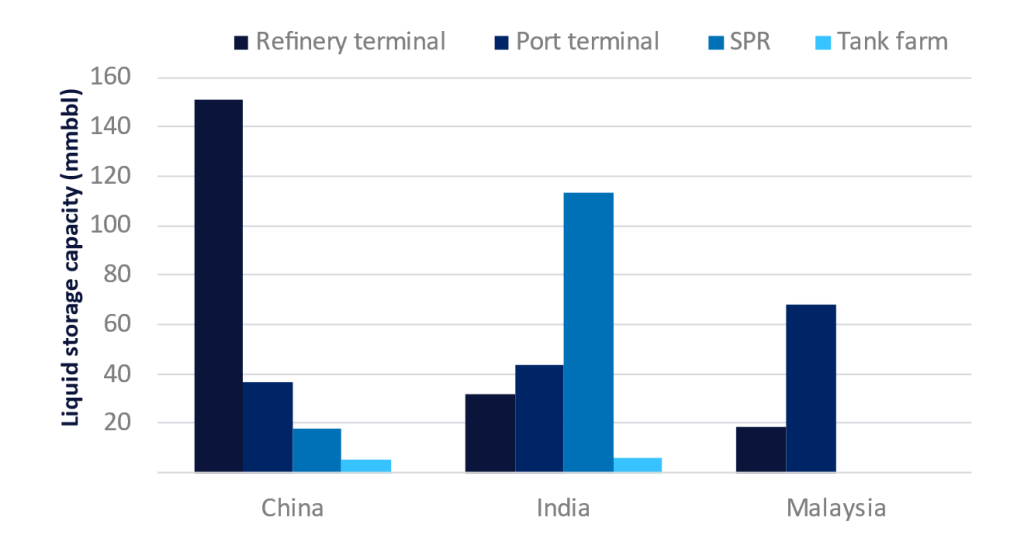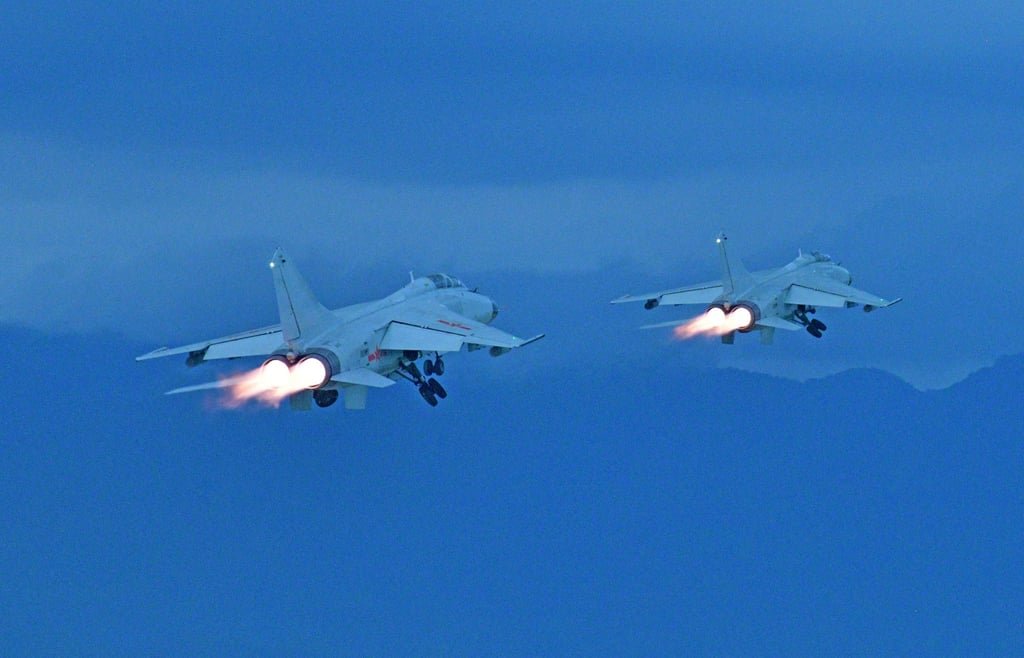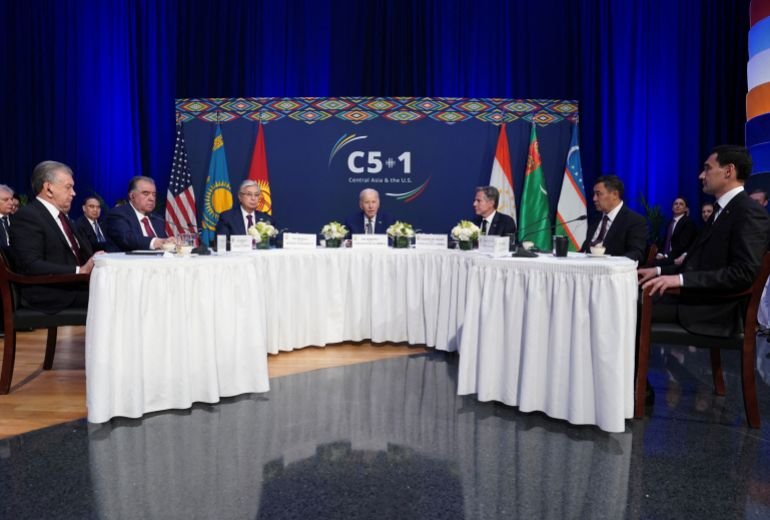
China’s first clinical trial of a technology that allows signals from the brain to control an external device has proved successful, making it only the second country after the US to reach this stage, a report has said. Until now, Elon Musk-owned Neuralink has been able to successfully implant a brain chip in a human, enabling him to carry out tasks like control a computer mouse using his thoughts.Citing Global Times, Bloomberg reported that Chinese researchers used brain-computer interfaces, or BCI, a wireless invasive implant in a patient with tetraplegia in March. Only a few weeks after the surgery, the patient was able to play racing games and chess on the computer using only the mind to control the electronic devices, it said, citing a statement from the Shanghai-based Center for Excellence in Brain Science and Intelligence Technology.
How China’s tech is different from Musk-owned Neuralink
The implant used in the Chinese trial is said to be the world’s smallest so far, with a diameter of 26 millimeters and thickness less than 6 millimeters and is over 100 times more flexible than the one developed by Neuralink.For the next stage, the team plans to enable the patient to operate a robotic arm using thoughts to perform more complex physical actions such as grasping and holding a cup. The centre launched the trial in collaboration with Fudan University’s Huashan Hospital.The centre said the BCI system could get approval from the authorities, and be able to enter the market as early as 2028.BCI is an emerging technology to help restore functionality to people with paralysis, and Neuralink, co-founded by Elon Musk appears to be the only company that has successfully trialled the implant in humans.

